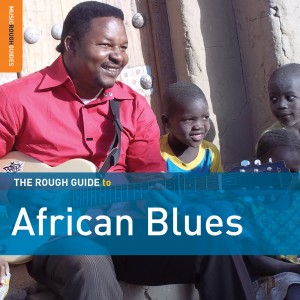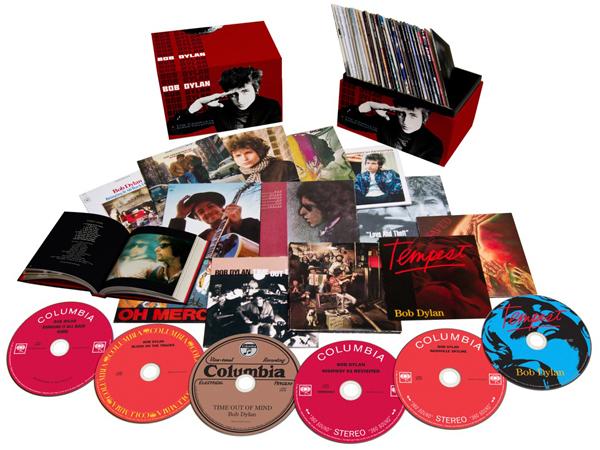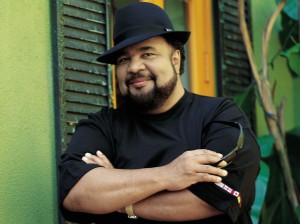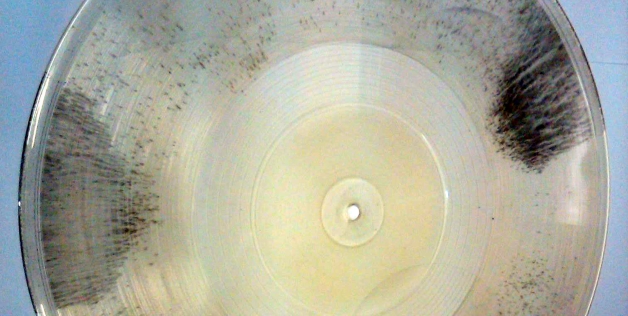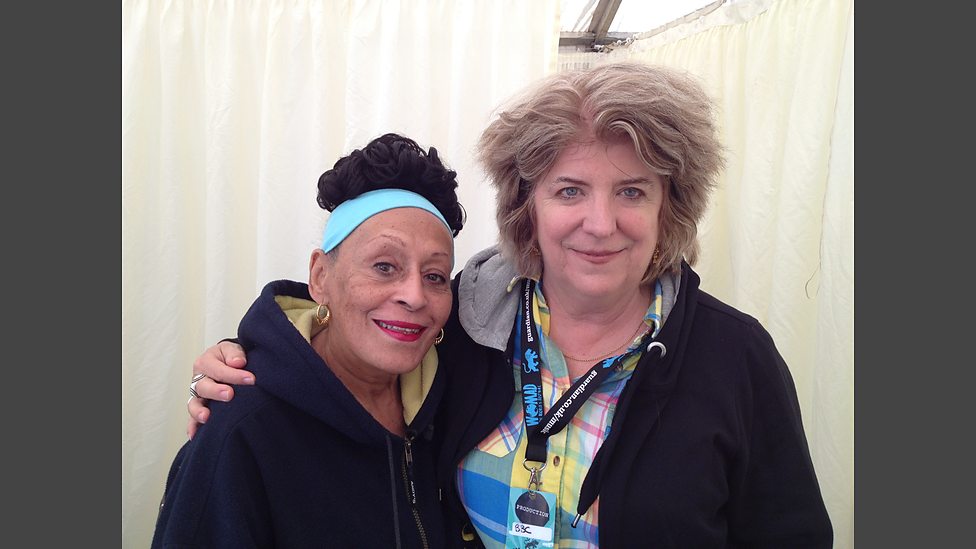
Dr. Lucy Duran with Omara Portuondo, WOMAD 2012
From The Old Time Party Blogsite
Praises to BBC Radio 3âs World Music Archive, which makes available a decade of site-specific programming from across the globe, compiled and presented by the indefatigable Andy Kershaw and Lucy Duran. Given the financial resources and massive international audience of which the BBC can boast â and those in an age when nearly every other like minded outlet is hemorraghing both â itâs no wonder that Radio 3 has consistently churned out some of the most well-wrought radio explorations into living vernacular music anywhere, in the spirit of mid-century folk-music programmers like Peter Kennedy and Alan Lomax, but far surpassing their geographical breadth.
The globally-accessible online archive features indigenous music from some of the worldâs most dangerous conflict zones, as well as its most inaccessible states. There are audio clips of singing waitresses performing sea shanties on the coast of North Korea, and harp-playing cowboys in rural Venezuela.
In all, there will be 100 hours of programming on the BBCâs World Music Archive, alongside dozens of photographs of recordings being made in the most remote locations. Essentially the resource â a mix of entertainment, journalism and curation â comprises the output of Radio 3âs world music programmes from the past decade. An index offers the music of 40 countries.
Kershaw, who recently returned to Radio 3 after two years off-air, is especially excited to have his back catalogue given a permanent platform. âThere are documentaries here Iâd forgotten Iâd made, some of which uncover the music and the reality of life in the worldâs most extreme, secretive, feared and misunderstood countries,â he said. âIâm amazed some these regimes let me out. Even more amazed they let me in. Since joining Radio 3 in 2001, it seems I have seldom been home. This archive would explain why.â
Since recovering from a nervous breakdown, Kershaw has been back on the road, making shows in Laos, Thailand, Papua New Guinea and the Solomon Islands. He is about to head off to record further material in the Middle East and Southern Africa. âI havenât finished yet,â he added. âCautiously, I feel Iâm getting the hang of this radio caper.â
One of the highlights of the archive is a recording made for the Radio 3 programme World Routes, in which presenter Lucy Duran travelled to the mountains of Georgia,to hear ancient polyphonic singing. Radio 3âs senior producer for world music, James Parkin, said the programme-makers were only able to reach the remote Svaneti region in a former Russian military helicopter flown by Georgian air force pilots. âBBC journalists frequently fly in military helicopters but not to record folk music,â he said. âWe went to a meadow where 25 men of all ages stood in a small circle and sang music that hasnât changed for 2,000 years and has probably never been recorded, let alone broadcast before. It was a very moving experience.â
Duran described the sound of the choir as âsinging of astonishing beautyâ and one of her favourite moments on World Routes. She said the discovery of the music of a region provided a gateway to a better understanding of its society. âFinding out about the roots music of a country leads you right to the heart of its culture,â she added. âEverything is recorded on location, and we talk to all kinds of people, getting insights into what itâs really like to be there, and what makes them tick.â
Another rare recording, made in Uganda in 2005, features a xylophone played in a hole in the ground in order to make it more resonant. âThe first thing they did when we arrived was to dig a hole,â said Parkin. âThis instrument has never been anywhere. You have to go to that village to hear it. What we are trying to do is offer music that you cannot hear at a festival or buy in HMV.â
Find the BBC World Music Archive here.
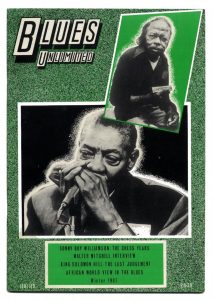 Bexhill Museum is pleased to announce a new exhibition for 2019 – BLUES UNLIMITED.
Bexhill Museum is pleased to announce a new exhibition for 2019 – BLUES UNLIMITED.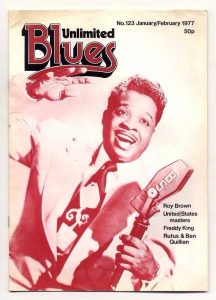 This small exhibition explains the foundations of the magazine and the personnel involved. It charts the story of how a publication originally produced by hand grew to be read by people such as the Rolling Stones and how Blues Unlimited secured its place in the annals of music history.
This small exhibition explains the foundations of the magazine and the personnel involved. It charts the story of how a publication originally produced by hand grew to be read by people such as the Rolling Stones and how Blues Unlimited secured its place in the annals of music history.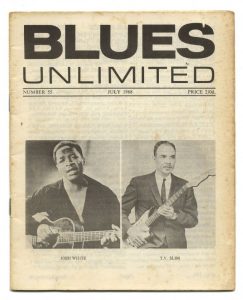 Their dedication to the magazine produced world class research that is still considered pre-eminent in its field.
Their dedication to the magazine produced world class research that is still considered pre-eminent in its field.

